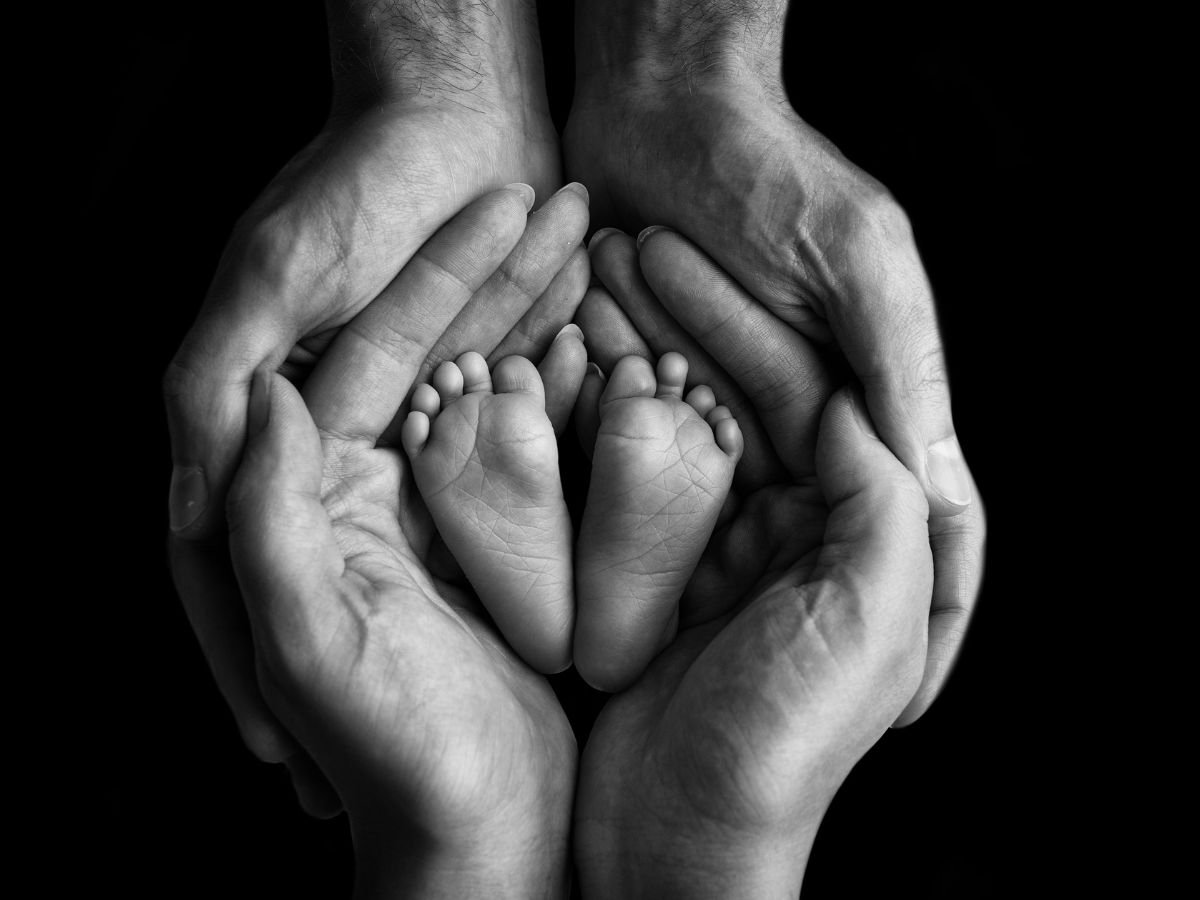
Millions of men suffer from premature ejaculation (PE), a condition accompanied by emotional pain and severe impairment in quality of life. Even though the most common forms of treatment for PE include taking medications, behavioral therapy, or changes in lifestyle, a newer approach that is slowly receiving attention is the use of music therapy for achieving safe mutual climax.
Does music have the capacity to improve ejaculatory control?
Understanding Premature Ejaculation
It is the definition of persistent or recurrent ejaculation occurring with minimal sexual stimulation before or shortly after the penetration and against the will of the person. There are many causes of PE, such as psychological stress, performance anxiety, and neurochemical imbalance; the aim of treatment strategies is to target these underlying factors and help couples experience mutual climax.
Music and Sexual Health
It is known that music can elevate mood, induce ease and influence brain-wave activity to decrease stress and enhance emotional wellbeing. Anxiety and stress being the primary reasons for premature ejaculation, having a trial of music therapy toward improving ejaculatory control would be effective for many who seek mutual climax intimacy and improved control through safe mutual climax condoms.
Researches on Music Therapy Related to Sexual Dysfunction
Guided Imagery and Music (GIM)
A study conducted from Isfahan, Iran, aimed to assess effects induced by guided imagery with soothing music on women's sexual dysfunction. Results witnessed a considerable improvement in desire, arousal, and orgasm over six weeks. It primarily targets women; however, it's a potential application for male sexual health, including PE. This could help partners in achieving mutual climax and strengthening mutualclimax intimacy.
Music Therapy for Premature Ejaculation
Archivos Españoles de Urología published a study that analyzed the effects that music therapy has on men with acquired PE. Men who listened to relaxing music and meditated for 45 minutes before sexual activity were noted to have considerable improvements in intravaginal ejaculation latency time (IELT) and in decreased anxiety. These benefits could support safe mutual climax when paired with the use of mutual climax condom.
Music and Cardiovascular Health
The study titled "Seeing music’s effect on the heart," published in the European Heart Journal, explores how music influences cardiovascular function. It highlights that music can modulate the autonomic nervous system, leading to measurable changes in heart rate variability, respiration, and blood pressure. These physiological responses may help users of safe mutual climax condoms in maintaining composure and extending mutual climax.
To investigate these effects, the researchers developed two tools:
Heart FM: A mobile and real-time visualization desktop application that captures physiological data synchronized with music.
Cosmo Note: A web-based platform designed for the visualization, annotation, and analysis of musical structures alongside physiological responses.
These tools aim to systematically measure and analyze how expressive musical elements impact cardiovascular responses, facilitating the development of personalized music-based therapies and diagnostics.
Neuro-Research Regarding Music and Mood
Music is known to release dopamine in the brain. According to the research published in Frontiers in Psychology. Dopamine is all-important for pleasure and reward, and it's sexual motivation that may come out as one treatment for some types of PE. With dopamine helping mood and performance, music therapy supports a more relaxed and enjoyable path to mutual climax.
Ways Music May Aid in Treating PE:
Stress Reduction: Music reduces cortisol levels (stress hormones) that affect sexual activity. This makes it a natural ally for achieving safe mutual climax.
Mood Enhancement: Good music would increase dopamine levels in a person, which leads to more enjoyment and motivation during mutualclimax intimacy.
Improved Sleep: Sleep is essential for testosterone production, which is very important for sexual health.
Anxiety Relief: Music relieves performance anxiety that contributes to common PE causes, supporting better use of mutual climax condom for control.
Add Music Therapy to Your Routine: In case you want to give music therapy a shot for PE, here are some options for you:
Relaxation Playlist: Calming instrumental pieces or nature sounds.
Guided Imagery: Music with soothing qualities matching wide-awake visualization techniques to help lessen anxiety and promote mutualclimax intimacy.
Go for Music Therapy Sessions: A more formal place of addressing emotional and psychological concerns related to mutual climax.
Conclusion:
Music therapy for PE may not be 'stand-alone' but, together with other modalities, may serve to treat psychological counterparts to the disease. Music lowers stress and causes relaxation. Better health will then become a second-line benefit to sexual health. Combining music therapy with conventional therapy and safe mutual climax condoms would seem to benefit individuals with PE in more ways than one. The intersection between music and sexual health is a promising area for further research, as it is still developing and offers natural support for those seeking mutual climax.







_(1).jpg)
.jpg)
_(1).jpg)

